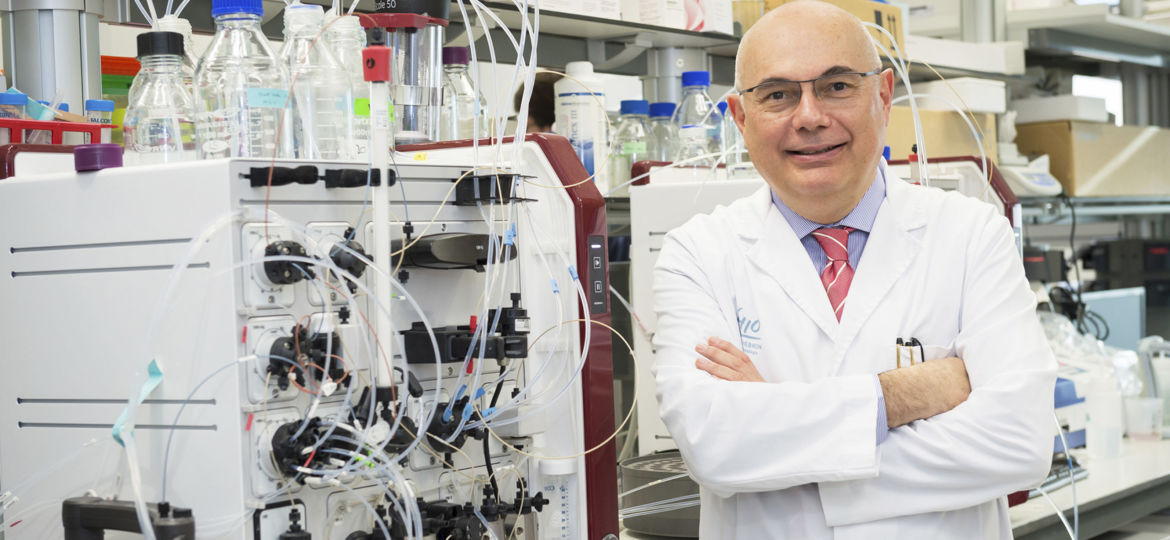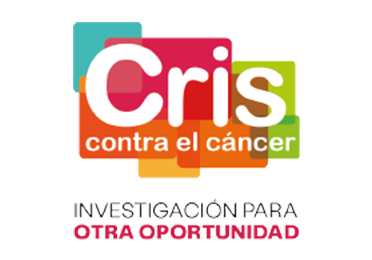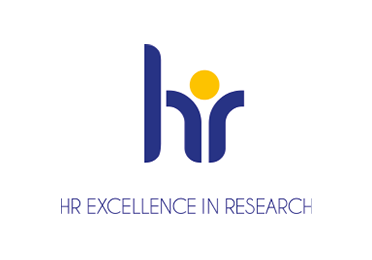
- The current COVID-19 pandemic has forced us to review our protocols and the way we care for cancer patients, as they are among the groups most at risk if they catch the disease
- We have also had to review clinical trials to see if they can continue with the guaranteed high standards of care patients need
- An article published now in Nature Medicine reviews the measures adopted by the seven centers making up Cancer Core Europe and seeks to offer guidelines for other centers in similar situations
Barcelona, April 16, 2020.– The current COVID-19 pandemic is a challenge for everyone, especially patients with other diseases affected by the restrictions now being imposed. Cancer patients’ hospital appointments have been drastically reduced and oncologists have had to evaluate the risks and benefits of administering a certain treatment or postponing it in each individual case. They have must do this without compromising the quality of patient care and still less the results of the treatment. The new COVID-19 situation has forced doctors to make many changes and they have taken important decisions based on expert opinions, as described today in an article in Nature Medicine.
Because of the COVID-19 pandemic, the Vall d’Hebron Institute of Oncology (VHIO)-Vall d’Hebron University Hospital (HUVH), together with another six leading cancer treatment centers grouped together in Cancer Core Europe (CCE), have been forced to change the way they deal with patients affected by cancer, seeking to offer them the best care and highest quality treatment despite the situation. Specialists at these centers are working to prevent the propagation of the pandemic and also to protect cancer patients, who are particularly vulnerable to complications if they become infected with the coronavirus SARS-CoV-2 because of their disease and the treatments they are given.
“In just a few weeks it has been necessary to review and reorganize treatment for patients and research projects due to this COVID-19 crisis. Some treatments have had to be postponed or adjusted to protect cancer patients as far as possible,” explained Dr. Josep Tabernero, director of the VHIO, head of the Medical Oncology Service at the Vall d’Hebron University Hospital (HUVH). He is one of the authors of the article, together with Dr. Elena Garralda, principal investigator of the Early Clinical Drug Development Group of the VHIO, and Dr. Alejandro Piris, head of the VHIO’s Scientific Coordination Area. “It has also been necessary to restrict physical contact with patients or use remote care when possible, but we always try to affect their care as little as possible. We always seek to maintain high standards of treatment despite the limitations on personal protection equipment and reductions in beds, staff and other resources caused by this health crisis, as organizations have been forced to redistribute resources to COVID-19 care,” said Dr. Tabernero. He said it had also been necessary to reassess clinical studies to see if they could continue.
In the article published in Nature Medicine, the seven European cancer treatment centers share the choices they have had to make to adapt to the new situation generated by the COVID-19 pandemic, as well as the considerations and uncertainties they face. “This does not end here. It is highly likely that we will have to assess new scenarios considering the speed with which the situation is developing, and we need to understand that adapting cancer patient care has to be a dynamic process. But we hope these considerations of ours can shed some light on the issues and help guide other centers in a similar situation,” adds Dr. Tabernero.
Medical institutions must consider various aspects so they can guarantee continuing cancer care, as explained in depth in the Nature Medicine article, but the fundamentals will be the same:
– Clinical activities: adapting tasks to keep cancer treatment centers free of COVID-19; adjusting standard treatment regimes and altering previously established treatment protocols for patient safety reasons.
– Communication and psycho-social patient care.
– Qualified staff during the pandemic: being able to assess the center’s staff for COVID-19 quickly is essential to ensure continuity of care.
– Capacity of institutions to offer personalized care in this situation, discussing alternative treatments such as radiotherapy and/or systemic therapies, assessing the postponement of certain scheduled operations, and altering treatment so the patient has to be in hospital for less time.
– Network cooperation at regional level to distribute cancer patient care.
But, as well as the need to adapt, the new situation generated by the pandemic could also lead to progress in certain aspects of cancer treatment, as Dr. Josep Tabernero pointed out. “The use of less invasive treatments wherever possible was already a trend before this crisis, but further progress is being made in this direction. This pandemic is also allowing us to see how we can use different technological aids to achieve faster, more accessible patient care and to promote remote care and telemedicine. These lessons will be tremendously valuable once we are over the pandemic.”
About Cancer Core Europe
Cancer Core Europe (CCE) is an alliance of seven leading European cancer centers combining scientific research with patient care. CCE was founded in 2014 to speed up the development of innovative cancer treatment through close cooperation in translational and clinical research. Together, its seven member centers treat approximately 350,000 patients a year.










